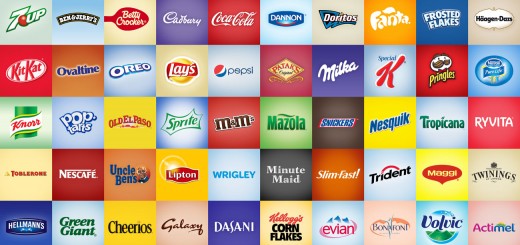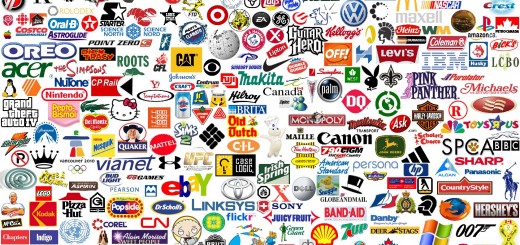Is Mobile Re-engagement In Easy Reach For Advertisers?
Serving mobile users with retargeted ads is widely regarded as an impossibility given cookies’ lack of effectiveness on such devices compared to desktop, and the industry’s lack of consensus on establishing a universal ID. But Luis Barrague, Headway Digital, VP of mobile, believes the predominance of mobile app usage presents marketers the opportunity to reengage with mobile without having to wait on the industry to agree on universal standards.
Web-based retargeting is a favoured tool among advertisers. But what about mobile?
As the consumer migrates to smartphones and tablets, marketers express frustration that retargeting is out of reach. But is it? I believe that re-engaging consumers on their mobile devices may be easier than marketers realise, even though the industry still lacks a universal device ID.
To make my case, let’s examine some key facts: 75% of European consumers use mobile apps, according to research from TradeDoubler. Moreover, TechNavio’s analysts forecast the mobile application market in Western Europe will grow 29.94% until 2018.By 2017, we could see 200 billion downloads each year worldwide. That’s a lot of app usage!
It’s no surprise that EU brands are furiously investing in mobile apps, and launching complex campaigns to encourage consumers to download them. This leads to the next issue, how do you keep your brand and mobile app top-of-mind to the consumer? It’s one thing to get consumers to download an app; it’s entirely different challenge to keep them using it. That’s where mobile app re-engagement comes in.
We have the technology today that allows brands to present consumers with mobile ads that encourage them to use their apps – ads that consumers see while using a completely different app.
For example, let’s say that a consumer downloads an app called Romantic GetAways, but hasn’t used it recently or even at all. The brand that built that app can present the consumer with a re-engagement message while she’s in Facebook or checking out the weather in her favourite weather app. Romantic GetAways can even sweeten the message with a special promotion or discount.
How does it work? Using an SDK, which serves as a mobile tracker, we can identify unique consumers who’ve downloaded a specific mobile app and follow them outside of that mobile app to show them ads. And there is no shortage of mobile trackers on the market, including AppsFlyer, Mobile App Trakcking and AD-x, Kochava and Emma. Of course, for re-engagement to work, mobile app publishers need to support the tracking, and I see signs that’s beginning to happen.
Moreover, marketers can use programmatic to seize these mobile re-engagement opportunities. Numerous mobile ad exchanges – including Smaato, Inneractive, MobFox, Nexage, AdIQuity, OpenX, Mobpub and Mobile Adnetworks – provide the transparency for app re-engagement, giving advertisers a powerful new tool to target and reach their audiences.
In short, brands and advertisers don’t need to wait for the industry to develop (and agree upon) a universal ID for mobile devices in order to launch retargeting campaigns. The secret to re-engagement can be found in consumer behaviour. Consumers love their mobile apps and use them daily, what could be more logical?



